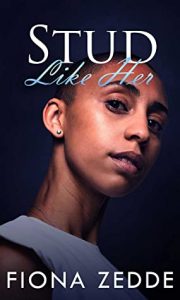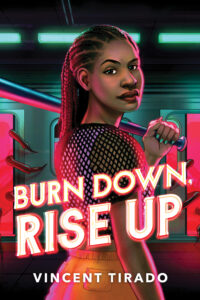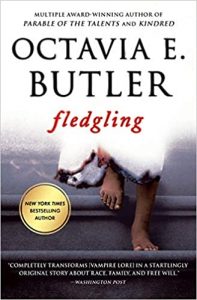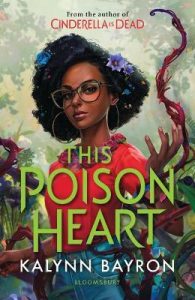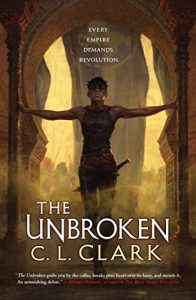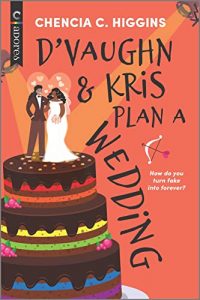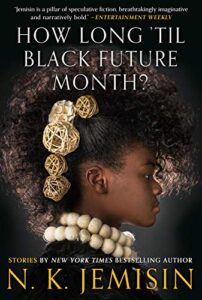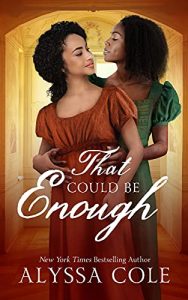Amazon Affiliate Link | Bookshop.org Affiliate Link
I actually read Stud Like Her for the first time as soon as it came out, and thought about reviewing it then, but then I thought *everyone* was going to be reviewing it because there are so few books about studs loving other studs. As I was rereading it, I realized I had actually not seen much written about it.
While this book isn’t erotic romance, it does frequently present imagery of sex, sexual desire, and attraction. There’s a lot of pining for the body of another in great detail and sprinkled generously throughout. If that’s not your jam, this may not be the book for you. But if it is, read on!
Our tormented main character, Chance Cooper, is a stud; meaning she’s a masc of center Black lesbian, and she just so happens to be attracted to other butch women. She’s pushed aside this attraction for nearly a decade, essentially still living in the closet. Much of the book centers around her fighting the constraints of her community and having the courage to live an authentic life.
Zedde tackles a lot of subjects that are tough to wrangle, so expect a fair amount of angst and frustration as Chance works out her issues. One of the difficult themes is internalized homophobia, with studs loving other studs being seen as “too queer” in the Black community. There’s a lot of shame assoicatied with her attraction, and discussions of being “out” not as a gay woman, but as a gay women attracted to another stud within the gay community. We see these restrictive, hetronormative rules applied to queerness, leading to the same destructive results as if Chance were simply in the closet as a lesbian. This bleeds into another theme, internalized misogyny. The rigid butch/femme structure of Chance’s community leads to toxic masculinty. There’s a lot of us vs them, femmes vs studs heteronormative attitudes that are not doing anyone any favors.
One of the things I really liked in the book was Chance overcoming her insecurities and breaking away from destructive friendships. As with most queer stories, and in real life, found family is the thing that keeps us afloat. We often see examples of supportive and loving friendships, contrasted with toxic and problematic family. In this case, it’s the opposite, with Chance having a supportive and loving family, but the worst ever so-called friends. Like I said, no shortage of angst, but to see our MC come out on the other side is worth the sweat and tears.
All that serious business aside, there are still plenty of playful moments and humor throughout. We mostly get this after meeting Garret, the young stud who Chance wants to date even though she’s terrified of what others will think. Garret the Hotness, or G-hot, is an Instagram star who gives zero foxes about what other people think of her. She’s young and idealistic and exactly the sort of polar opposite that Chance needs to course correct and finally be happy.
Overall, consider this an angsty romance filled with self reflection, overcoming fear of rejection, and self-loathing, while exploring issues within the Black queer community. I’m on my second read of the book now, so put it on your summer reading list!

